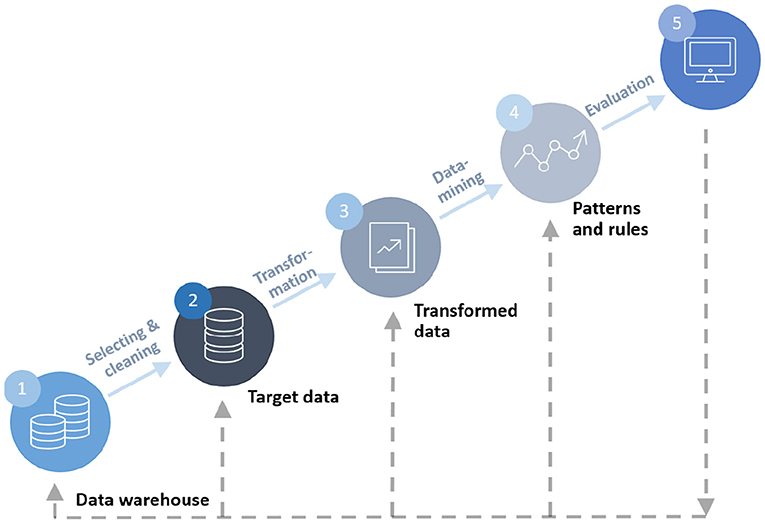
The fight against climate change is one of the most pressing challenges of our time, and big data is playing an increasingly important role in advancing sustainability efforts. In this article, we'll explore the ways that big data is being used to address climate change and promote sustainability, and how it is changing the way we approach these critical issues.
The Benefits of Big Data in Advancing Sustainability
The use of big data in sustainability efforts offers a range of benefits, including:
- Improved Data Collection and Analysis
One of the primary benefits of big data in sustainability is the ability to improve data collection and analysis. By analyzing large volumes of data, companies and organizations can identify patterns and trends, and gain insights into the impact of human activity on the environment. This can lead to more effective sustainability strategies and better-informed decision-making.
- Enhanced Resource Management
The use of big data can also enhance resource management in sustainability efforts. By analyzing data on resource usage and waste production, companies can identify areas where they can reduce waste and improve efficiency, leading to cost savings and a reduced environmental impact.
- Improved Climate Modeling
Big data is also being used to improve climate modeling and prediction. By analyzing data on weather patterns and climate trends, scientists can develop more accurate models and predictions, which can help inform policy decisions and guide sustainability efforts.
How Big Data is Used in Advancing Sustainability
Here are some of the ways that big data is being used in advancing sustainability:
- Energy Management
Big data is being used to improve energy management and reduce energy consumption. By analyzing data on energy usage patterns, companies and organizations can identify areas where they can reduce waste and improve efficiency, leading to significant cost savings and a reduced environmental impact.
- Sustainable Agriculture
In sustainable agriculture, big data is being used to improve crop yields and reduce waste. By analyzing data on factors such as soil composition and weather patterns, farmers can make more informed decisions about planting and harvesting, leading to increased productivity and reduced environmental impact.
- Smart Cities
Big data is also being used to create smart cities, which are designed to be more sustainable and environmentally friendly. By analyzing data on factors such as traffic patterns and energy usage, cities can develop more effective transportation and energy management strategies, leading to reduced emissions and a cleaner environment.
The Challenges of Using Big Data in Advancing Sustainability
While the use of big data in advancing sustainability offers many benefits, there are also challenges that need to be addressed. Here are some of the challenges of using big data in sustainability:
- Data Quality
Data quality is a major challenge in big data in sustainability efforts. Ensuring that data is accurate, complete, and consistent can be difficult, especially when dealing with large volumes of data from multiple sources.
- Privacy
Privacy is another concern when it comes to the use of big data in sustainability. Companies and organizations must ensure that they are in compliance with applicable regulations and guidelines and that they are protecting users' personal and sensitive information.
- Integration
Integrating data from different sources can also be a challenge in big data in sustainability efforts. Companies and organizations must ensure that their data is compatible and can be integrated with their existing systems.
Big data is playing an increasingly important role in advancing sustainability efforts and addressing the challenges of climate change. While there are challenges that need to be addressed, such as data quality and integration concerns and privacy considerations, the benefits of big data in sustainability are clear. With continued investment in big data technologies and a focus on addressing these challenges, we can work towards a more sustainable and environmentally friendly future.